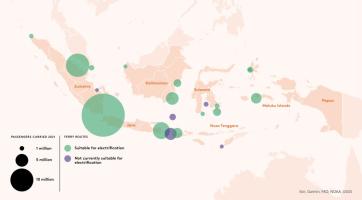Profiles
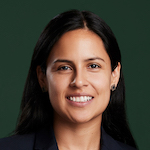
Carolina Contreras
Senior Analyst
Climateworks Centre
Carolina Contreras applies a social-environmental lens to the study of ocean and seascapes, contributing to the research and understanding of ocean governance and coastal livelihoods. Before joining Climateworks, Carolina was a research fellow at the Climate Resilience Living Lab at the Royal Melbourne Institute of Technology where she explored everyday adaptation in urban settings. Her PhD research was in the field of social-ecological studies, where she took a transdisciplinary approach to explore the social dimensions of carbon sequestration across coastal ecosystems in the Indo-Pacific. She has a PhD (Science), a Master of Environment from the University of Melbourne, and a Master of Social–Ecological Studies from Facultad Latinoamericana de Ciencias Sociales.
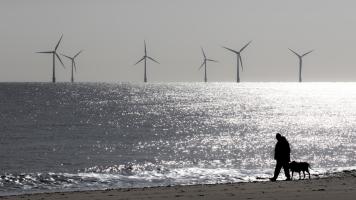 ,
, 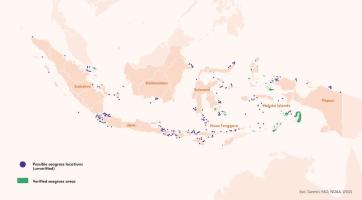 ,
, 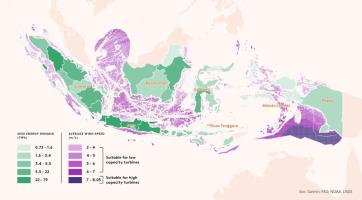 ,
, 